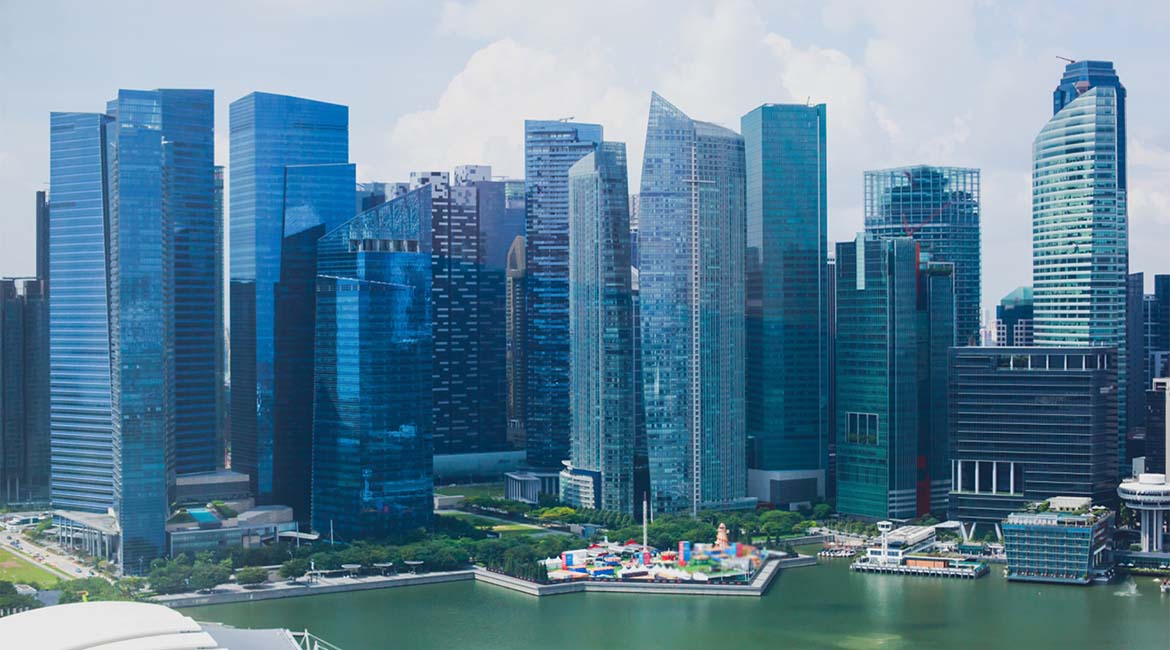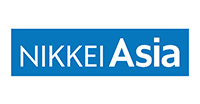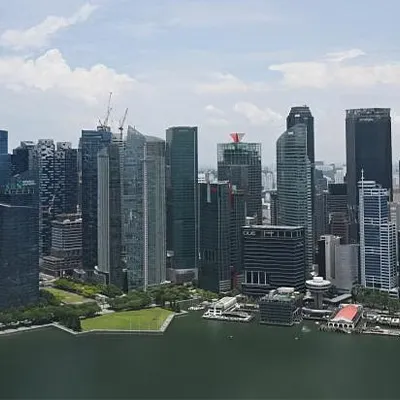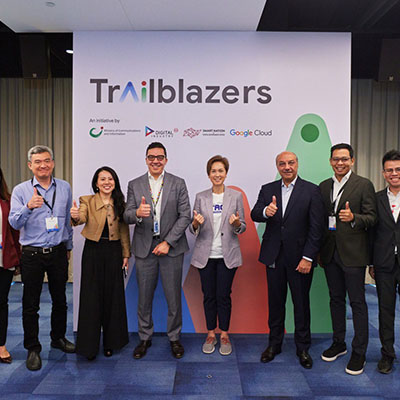The Tech Pass, launched in 2019, allows those with a background in technology, such as the founders of technology companies and chief financial officers, to stay for two or more years to support development of the country's startup ecosystem.
These passes, of which around 300 have been issued, are not linked to a specific employer, giving the holder flexibility to mentor startups, create a new company, sit on boards, or just ruminate while lounging by the pool.
The related Tech@SG program aims to draw digital and tech startups themselves to the city-state. This program gives fast-growing businesses access to the critical talent they need to grow and scale their business by guaranteeing up to 10 employment passes per company.
The Overseas Networks and Expertise Pass, introduced in January, is open to knowledgeable and creative foreign talent beyond the startup and tech sectors. By ensuring automatic approval, businesses can access senior and specialist executives as needed. Holders can remain in Singapore for five years and are not tied to a single employer. Their spouses are also permitted to work.
Still, Singapore faces geopolitical challenges. Last year, while the U.S. was Singapore's largest foreign investor, China came in first when it came to trade.
While the U.S. has been tightening restrictions on doing business with China, especially in the technology sector, Beijing has held onto industrial policies that favor its national champions and maintained unfair trade practices toward foreign companies. Recent actions in China portend trouble for even conducting due diligence on potential investments or trade partners in the country.
All the while, Singapore has maintained balance in its economic relations with the U.S. and China.










